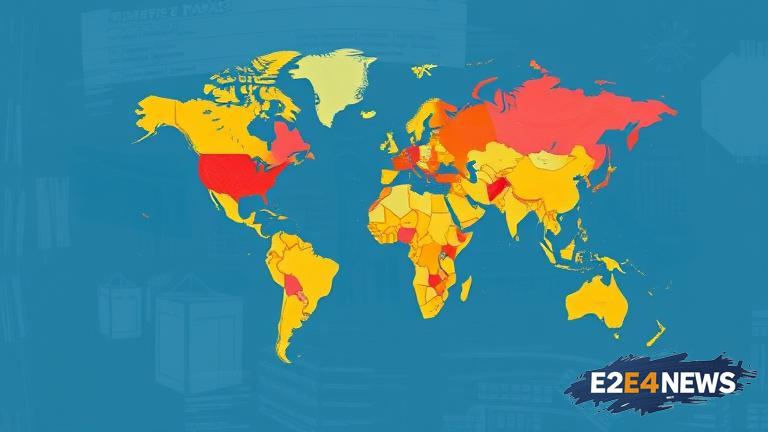The gender pay gap is a longstanding issue that affects women all over the world. Despite efforts to address the problem, the gap persists, with women earning significantly less than men for equal work. According to recent studies, the global gender pay gap stands at around 16%, with some countries experiencing much larger disparities. The issue is not limited to any particular industry or sector, with women in all fields facing pay discrimination. The consequences of the gender pay gap are far-reaching, with women often struggling to make ends meet and facing reduced economic security. The gap also has a negative impact on the economy as a whole, with estimates suggesting that closing the gap could add billions to global GDP. Many countries have implemented policies aimed at addressing the issue, including equal pay laws and initiatives to promote greater transparency in pay practices. However, more needs to be done to tackle the root causes of the problem, including discrimination and bias in the workplace. Some companies are taking steps to address the issue, including conducting pay audits and implementing policies to ensure equal pay for equal work. Nevertheless, the pace of change remains slow, and it will likely take many years to close the gap entirely. The issue is particularly pronounced in certain industries, such as finance and technology, where women are often underrepresented and face significant pay disparities. To address the issue, governments and companies must work together to create a more equitable and inclusive work environment. This can involve implementing policies such as flexible working arrangements, mentorship programs, and training initiatives to help women develop the skills they need to succeed. Additionally, there needs to be greater transparency in pay practices, with companies required to publish data on pay disparities and take steps to address them. The benefits of closing the gender pay gap are clear, with increased economic security for women and a more productive and diverse workforce. Furthermore, addressing the issue can also help to promote greater social justice and equality, with women able to participate fully in the economy and reach their full potential. Ultimately, closing the gender pay gap will require a sustained effort from governments, companies, and individuals, but the rewards will be significant, with a more equitable and prosperous society for all. The gender pay gap is an issue that affects not only women but also their families and communities, and it is essential that we take action to address it. By working together, we can create a more just and equitable society, where everyone has the opportunity to succeed, regardless of their gender. The time to act is now, and we must all play our part in closing the gender pay gap and promoting greater equality and fairness in the workplace.
